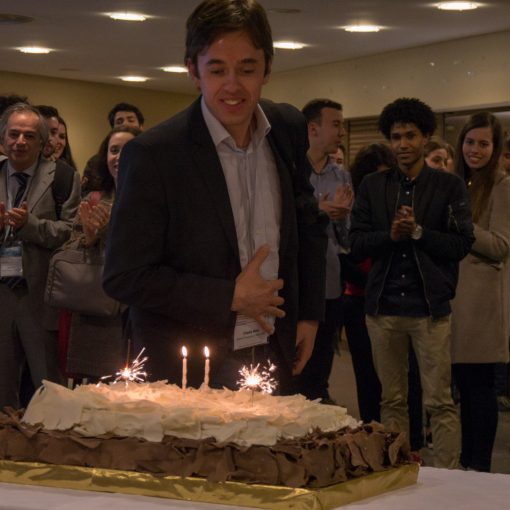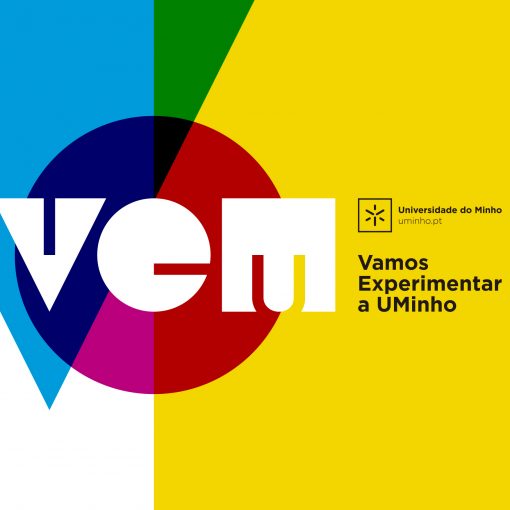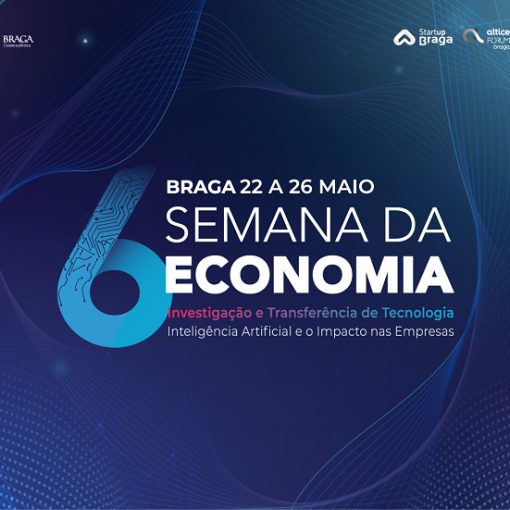Alfonso Valencia, who co-founded and led the International Society for Computational Biology (the only one of its kind in the world), gave the inaugural lecture of the XIII Bioinformatics Open Days at the University of Minho on 14 March, at the Gualtar campus in Braga. The director of the Bioinformatics Institute of Spain and of the Life Sciences area of the Barcelona Supercomputing Centre addressed the future of bioinformatics and simulations at cellular level, in front of more than 100 registered participants from various countries.
The three-day event organised by UMinho’s Bioinformatics students also featured an intervention by Cátia Pesquita, vice-president of the Biodata.pt association, which manages the national biological data infrastructure. She was then joined by Alfonso Valencia at a round table discussion on bioinformatics in the Iberian Peninsula. In the afternoon it was time to hear from the British Robert Finn, coordinator for Microbiome Informatics at the European Bioinformatics Institute / European Molecular Biology Laboratory.
On Friday, Diana Lousa, a scientist who uses biophysics to develop biopharmaceuticals against viral pathogens such as influenza, Zika, HIV and SARS-CoV-2, gave a keynote speech. That afternoon, the students were able to interact with companies in the field, such as SilicoLife, Accenture, iLoF and OmniumAI, followed by a job fair. The overall programme also included 13 oral presentations, three workshops, two scientific poster sessions, a quiz and social moments.
“Bioinformatics is increasingly present in society and this event strengthens networking between academia and industry, especially with many students from Lisbon, Aveiro, Porto, Minho and other regions acquiring more knowledge and contacts, getting closer to researchers and companies and learning more about courses, scientific-technological projects and trends in this field,” explained the chairman of the organising committee of this annual initiative, Gonçalo Apolinário, who is also a student on the master’s degree in Bioinformatics at UMinho’s School of Engineering.



